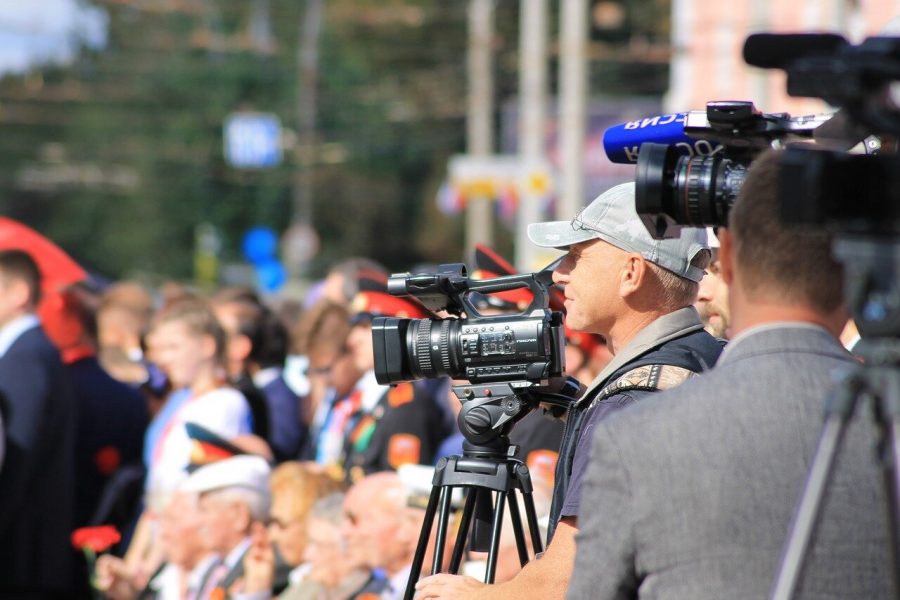Free press is one of the founding principles in the Constitution, yet high tensions between politicians and journalists continue to persist.
This increase in verbal aggression used against reporters by politicians sets a troubling precedent for our democracy.
On Nov. 18, New York State Gov. Andrew Cuomo faced backlash for calling Jimmy Vielkind, a reporter for The Wall Street Journal, “obnoxious” and “offensive” when Vielkind pressed him about the New York City public school system.
The question was in relation to the closing of public schools, which has been a great stressor to millions of New Yorkers. However, the governor showed no remorse for his behavior.
“Well, I don’t really care what you think,” Cuomo told The New York Times in a follow-up interview.
Cuomo is not the first politician to display this kind of behavior. In 2017, Republican U.S. congressional candidate Greg Gianforte of Montana allegedly slammed a Guardian reporter to the ground, breaking his glasses.
Although Gianforte was charged with misdemeanor assault, verbal aggression toward reporters has not seemed to decrease — instead it became normalized.
The public has a right to know what their elected officials are doing to protect their constituents; however, many citizens fear being misrepresented. Arguably, journalists are one of the most effective sources to bridge the gap between elected officials and their constituents.
Earlier this year, U.S. Vice President Mike Pence faced backlash after his press secretary, Katie Miller, snapped at reporter Brian Karem for asking coronavirus related questions.
“Can you please supply some guidance to the uninsured who want to get tested?” Karem asked. As the press conference wrapped up, Karem continued to repeat his question.
That’s when Miller snapped back.
“Screaming for the camera isn’t going to get you anywhere,” she said. The question was left unanswered.
Journalists, by the virtue of their profession, are expected to ask politicians the right questions to accurately report back to the public. Responding to difficult questions with rude remarks and aggression is dangerous to the First Amendment.
In 2017, U.S. President Donald Trump expressed his anger over a nuclear weapons report published by NBC. Trump threatened to use the federal government’s power to revoke the network’s license.
Jeff Sessions, who served as the U.S. attorney general during the time, refused to commit to not jailing reporters for just doing their jobs.
Such outbursts and hostility are aimed at journalists to prevent them from publishing incriminating news about politicians. Allowing these situations to be normalized threatens the First Amendment and creates undemocratic barriers between politicians and their constituents.






